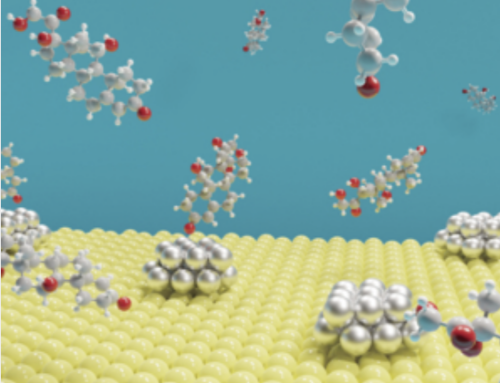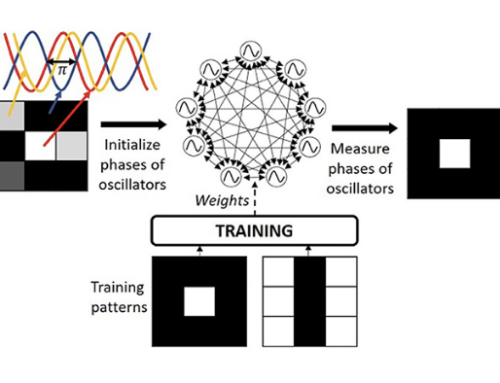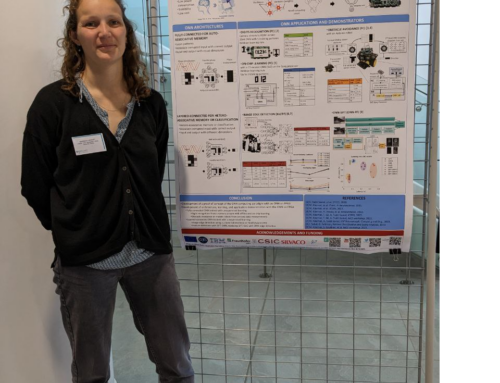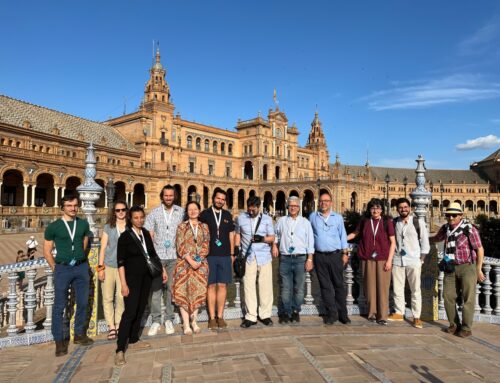Today, in NeurONN Lecture Series, we welcome Prof. Kerem Camsari, UC Santa Barbara. His talk will be on Massively Parallel Probabilistic Computing with p-bits
Title: Massively Parallel Probabilistic Computing with p-bits
Abstract: The slowing down of Moore’s Law has led to a crisis as the computing workloads of Artificial Intelligence (AI) algorithms continue skyrocketing. There is an urgent need for scalable, energy-efficient hardware catering to the unique requirements of AI algorithms and applications. In this environment, probabilistic computing (p-computing) with p-bits [1] has emerged as a scalable, domain-specific and energy-efficient computing paradigm, particularly useful for probabilistic applications and algorithms.
In this talk, I will describe two general applications of p-computing: optimization and learning as problems relevant to Machine Learning and AI. I will talk about recent and representative [2-3] experiments illustrating how both problems can be efficiently addressed by a suitably modified magnetoresistive random access memory (MRAM) technology. I will then show standard silicon-based implementations of p-computing applied to practical optimization problems in large scale [3] to stress why nanodevice-based implementations of p-computing is a crucially needed ingredient.
[1] Camsari, Kerem, et al. “Stochastic p-bits for invertible logic.” Physical Review X (2017)
[2] Borders, William A., et al. “Integer factorization using stochastic magnetic tunnel junctions.” Nature (2019)
[3] Aadit, Navid Anjum, et al. “Massively Parallel Probabilistic Computing with Sparse Ising Machines.” Nature Electronics (2022)
Presenter: Professor Kerem Camsari, UC Santa Barbara
Biography
Kerem Camsari received his PhD in Electrical and Computer Engineering from Purdue University in 2015, where he continued on as a post-doctoral researcher between 2015 and 2020 before joining the department of Electrical and Computer Engineering in UC Santa Barbara in 2020. He is a founding member of the Technical Committee on Quantum, Neuromorphic and Unconventional Computing within the IEEE Nanotechnology Council where he leads the unconventional computing section. He has received the IEEE Magnetics Society Early Career Award and an Office of Naval Research Young Investigator Award for his work on probabilistic computing. He is a senior member of the IEEE.




